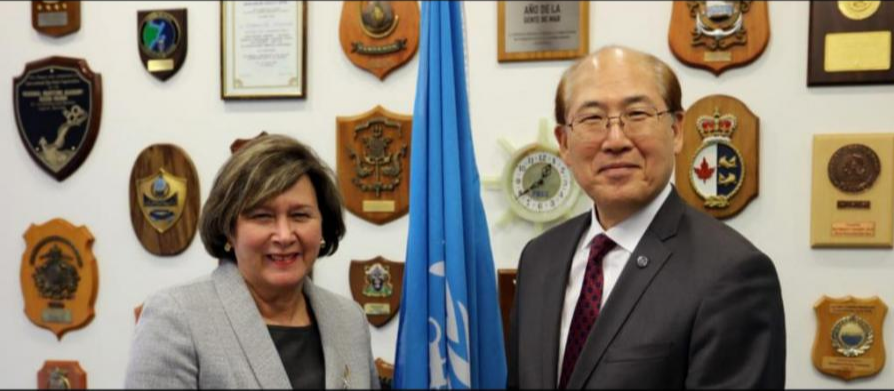Noam Chomsky (United States), Emir Sader, Amauri Chamarro and Crol Proner (Brazil), Ignacio Ramonet (France) and Baltasar Garzón (Spain), among others, are among its participants.
The founder of Wikileaks embarrassed the USA government a few years ago by disclosing on its website thousands of secret documents of the US diplomacy. Assange asked for asylum on June 19, 2012 at the Embassy of Ecuador in London, Britain, and he remains there since that date.
In this way, he avoided being extradited to Sweden where he is accused of alleged sexual offenses, which he denies, and fears he can be delivered by the authorities of the European country to the United States, where he could be condemned even to the death penalty for disclosing classified information.
The topics to be discussed during five days will be: The Assange case in the light of international law and human rights; Geopolitics and Struggles from the South; Techno policy and Cyberwar, and From the Pentagon Papers to the Panama Papers.
Ignacio Ramonet will present next June 22 the book “When Google met WikiLeaks”, by Assange, while on June 24 will be launched the new work of Ramonet, entitled “The Empire of Surveillance: the cyber-surveillance by world powers on other countries”.
Assange intervention is scheduled for Thursday 23, by videoconference, and it will address the path from the WikiLeaks documents to the recent leak of documents released in April and known as Panama Papers.
According to the director of Ciespal, it will be also discussed the role of journalism in the disclosure of relevant information to society in a world continuously monitored after the attacks of September 11 in New York.



